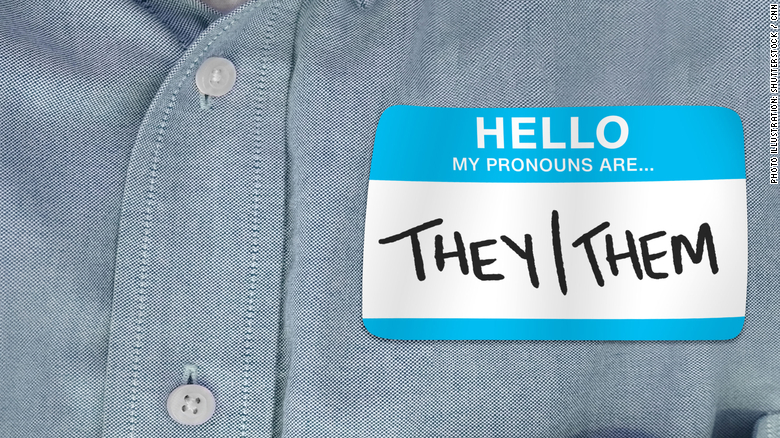
With Demi Lovato revealing that they are non-binary and using they/them pronouns, it’s a good time to make sure you’re up to speed on pronoun etiquette.
Because the English language lacks gender-neutral pronouns, those who fall outside the gender binary — that is, people who don’t identify as singularly male or female — may find he/him and she/her constructions to be, well, lacking.
Enter the singular “they.” The singular “they” has been used in English for at least 600 years.
Using the pronouns that a person goes by is a way of respecting that person’s gender identity, meaning a person’s emotional and psychological sense of their own gender.
If someone tells you that they go by the pronouns “they/them,” for example, and you continue to use “he/him” pronouns for them, it can signal that you believe that transgender, non-binary or intersex people are unimportant, or shouldn’t exist.
I – Word Understanding
Non-binary – a person who does not identify as exclusively male or female
Up to speed – fully informed / up to date
II – Have Your Say
1, How do you feel about using they/them as a singular pronoun? Is there a similar or equivalent pronoun in your language (Japanese) that is considered gender neutral?
2, How would you address a person if you are not sure of their gender, especially strangers or acquaintances only? (sir/ma’am, miss/mister, etc) What is considered acceptable in your culture?
3, Share your opinions on the following issues regarding LGBTQ rights:
a, Same-sex marriage
b, Raising kids same as normal families
c, Accommodation issues (male/female toilets, prison, etc.)
d, Beauty pageant (transgender woman joining Miss Universe, etc)
e, Employment opportunities
813 How to get people’s pronouns right and what to do if you slip up


